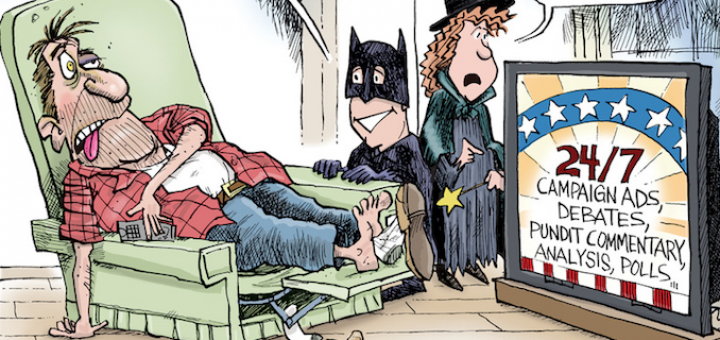Teaching and learning in grades 4-8
Teachers in every subject and type of classroom can tailor Common Core instruction to individual student needs using the Universal Design for Learning strategies, says instructional coach Elizabeth Stein, who provides a wealth of helpful resources.
Despite its title, “Independent Reading in the Age of the Common Core” has a narrow focus – a note-taking strategy to strengthen independent reading instruction. Reviewer Tyler McBride plans to implement several of the teacher-authors’ 25 mini-lessons.
In “Grammar Matters,” Lynne Dorfman and Diane Dougherty make the case for embedding grammar in Writing Workshop and across the curriculum. Our reviewer recommends this hands-on exploration of mentor texts and engaging instruction and its many useful resources.
Reading comprehension is a primary goal in Aaron Brock’s middle school history classroom. Building on last year’s annotation experiments, Brock has adapted the familiar 5 W’s strategy to help students pay closer attention to the meaning behind the words. It’s working.
With Common Core discussions as a sturdy frame, Heather Wolpert-Gawron provides solid commentary about how writing and literacy relate to all curriculum areas, says reviewer Kathleen Pham. Central to the sample lessons: project based learning.
Whitewater rafting with 6th graders puts plenty of excitement into Experiential Learning. Just back from the river, Kevin Hodgson describes sharing the 10-mile stretch of “instructional space” with 75 kids. A must-read for anyone planning such a trip!
If politicians have a “license to lie” in campaign advertising, how are our students going to know who and what to believe? Critical thinking skills are paramount, says media literacy consultant Frank Baker, who shares insights and resources tied to Common Core and social studies standards.
This Halloween, don’t miss 4th grade teacher Mary Tarashuk’s self-assessment of how she managed learning on a delightfully creepy day. First presented a year ago, still just as funny. “It’s not all about sugar, but sugar anticipation is in the air.”
Bridging Literacies with Videogames asks if students’ playing videogames in school can yield literacy skill acquisition, and looks at invented worlds, 2nd language learners in multiplayer games, and more. Kevin Hodgson suggests students build games.
If you are looking for detailed, richly resourced content ideas on how to integrate technology, Literacy Lessons for a Digital World is for you. The book does not emphasize how to work with the software and programs, says Sandy Wisneski.







































